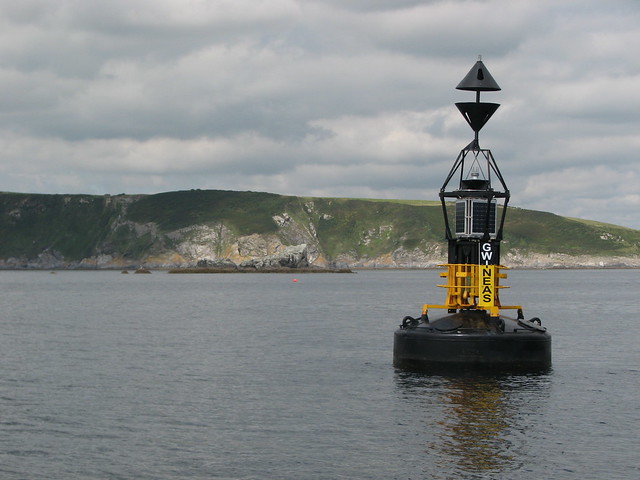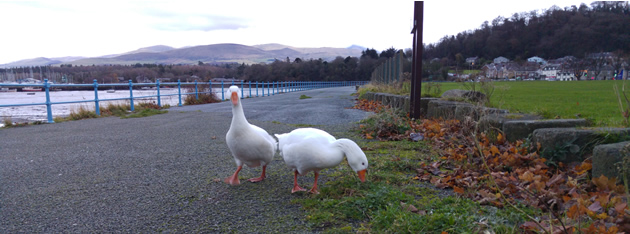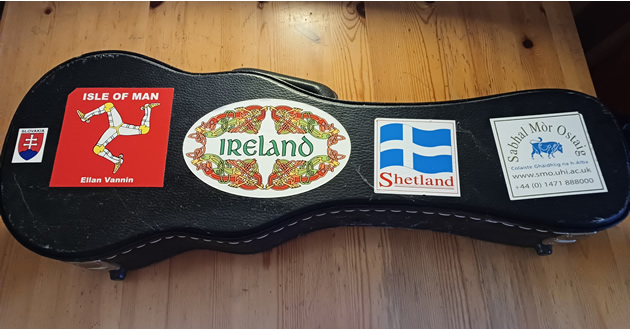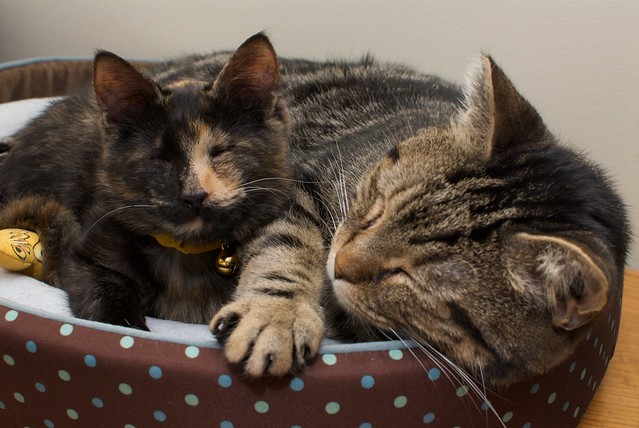If you live in a muddy place, or want to describe such a place, you could use the old word lutarious.
It means “of, pertaining to, or like, mud; living in mud”, and comes from the Latin word lutarius (of or belonging to the mud, living in mud), from lutum (mud, soil, dirt, mire, loam, clay), from Proto-Indo-European *lew- (dirt, mud) [source].
A related word is lutulent [ˈlʌtjʊlənt], which means pertaining to mud, or muddy.
Words for the same roots include:
- Albanian: llucë = thin or shallow mud, muddy place
- Portuguese: lodoso = muddy
- Romanian: lut = clay, loam, mud, dirt, lutos = clayey
- Spanish: lodo = mud, muck, mire, lodoso = muddy, boddy
Lutetia, the Gallo-Roman town founded in 52 BC that became Paris, gets it’s name from the Gaulish word *lutos (swamp), from Proto-Celtic *lutā (dirt, mud), from PIE *lew- (dirt, mud). It was known as Lutetia Parisiorum by the Romans. The Parisiorum part comes from Parīsiī, the Latin name for the Gaulish tribe who lived in the area. The name Paris comes from the same roots.
You can find more details on Radio Omniglot.
Incidentally, the French word boue [bu] (mud, dirt), also has Celtic roots: it comes from the Gaulish *bawā (mud, dirt), from Proto-Celtic *bowā (dirt, filth, excrement), from Proto-Indo-European *gʷewh₁- (excrement, dung) [source].
The Galician word bosta (dung, manure) comes from the same Celtic roots, as do the Welsh words baw (mud) and budr (dirty, filthy, vile, foul) [source].
The French word boue shouldn’t be confused with the Breton word boue [ˈbuː.e], which means buoy. It comes from Middle English boi(e) (buoy), from Middle Dutch boeye, from Old Dutch *bōcan, from Frankish *baukn (symbol, sign) from Proto-Germanic *baukną (sign, symbol), from PIE *bʰeh₂- (to glow, light, shine) [source].
By the way, do you pronounce buoy [bɔɪ] (boy) or [ˈbu.i] (boo-ee), or some other way?












